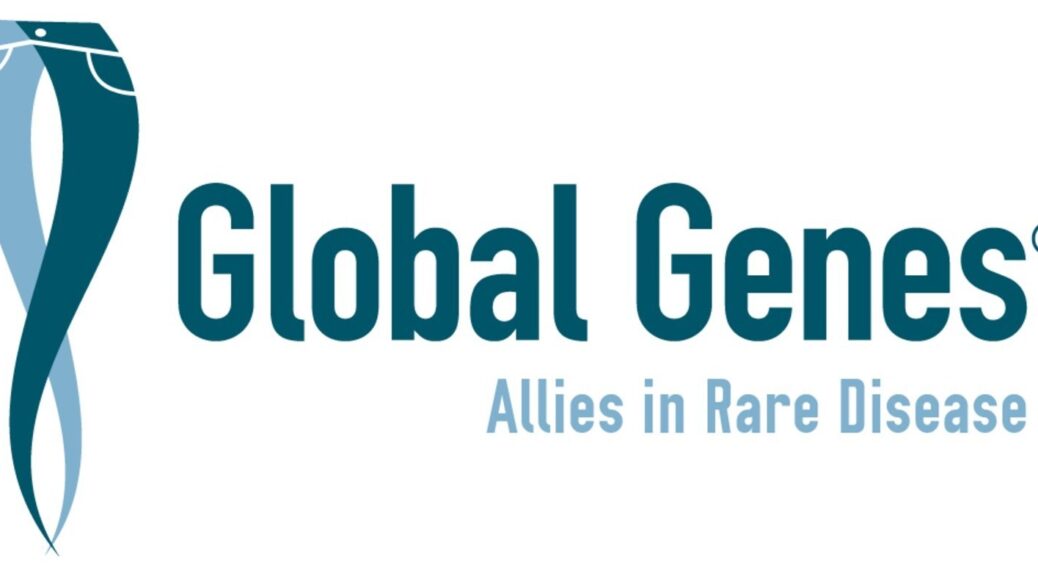The RARE-X platform allows patient advocacy organizations to collect structured patient-reported and patient-provided data and make this data available to qualified researchers to advance understanding of rare diseases and drive the development of needed therapies. Data on the RARE-X platform is patient-owned and participants remain in control of how their data is used and who can access it in a de-identified format. It empowers patients with the ability to accelerate research and drug development while breaking down data silos that stymie progress. RARE-X currently serves as the host data collection platform for 95 patient advocacy groups across 63 rare disorders.
“This is a first-of-its-kind project utilizing the RARE-X platform to streamline participation and patient-reported data collection in a natural history study,” said Zohreh Talebizadeh, Ph.D., senior director of the RARE-X Research Program and RARE-X principal investigator. “We are establishing a model that other patient communities will be able to use to conduct collaborative research and advance natural history studies.”
By using the RARE-X data collection platform, participants in the natural history study will provide their data remotely through a series of surveys. This patient-reported data will be integrated with the data collected at the natural history study clinical sites.
The natural history study will help researchers understand how STXBP1 disorders manifest and progress over time. This critical data can inform more meaningful endpoints for clinical trials, and reduce the time it takes to study potential new therapies to treat the condition. It is also possible that this type of data could be used as a comparator arm in a clinical trial as an alternative to the use of a placebo control.
To learn more about the STXBP1 Natural History study, visit https://www.stxbp1disorders.org/starr.
People interested in contributing patient reported data can enroll at https://rare-x.org/stxbp1/.
There are already over 150 patients with STXBP1-related disorders enrolled in the RARE-X research program, so this integration with the natural history study simplifies the user experience and alleviates the burden of participating in multiple studies. Patients and caregivers retain full control over who has access to the health information that they chose to share in the RARE-X program. Clinicians, researchers, and drug developers can access de-identified data through the RARE-X platform to drive research and drug development once someone consents to share their data with them.
STXBP1 disorders are severe neurodevelopmental conditions. Patients may experience a range of symptoms including early-onset epilepsy, severe intellectual disability, developmental delay, tremors, spasticity, and dyskinesia. Some people with an STXBP1 disorder may also present with autism.
About STXBP1 Foundation
STXBP1 Foundation is dedicated to finding a cure for STXBP1 Disorders while improving the lives of our patients and families. Founded in 2017, STXBP1 Foundation is a parent-led advocacy organization. STXBP1 Disorders are rare epileptic and neurodevelopmental disorders caused by changes in the STXBP1 gene. With an incidence of approximately 1 in 30,000 live births, STXBP1 Disorders are one of the most common genetic causes of epilepsy. For more information, contact [email protected] and visit https://www.stxbp1disorders.org/.
About Global Genes
Global Genes is a 501(c)(3) nonprofit rare disease patient advocacy organization dedicated to providing patients and advocates with a continuum of services to accelerate their path from early support and awareness through research readiness. Using a collaborative approach that involves biopharma, researchers, and advocates with data as a central core, Global Genes also enables research and data collection through the RARE-X research program. Through this effort, Global Genes is building the largest collaborative patient-driven, open-data access initiative for rare diseases globally.
Media Contact
Lauren Alford, Global Genes, 949-248-7273, [email protected], www.globalgenes.org
SOURCE Global Genes


